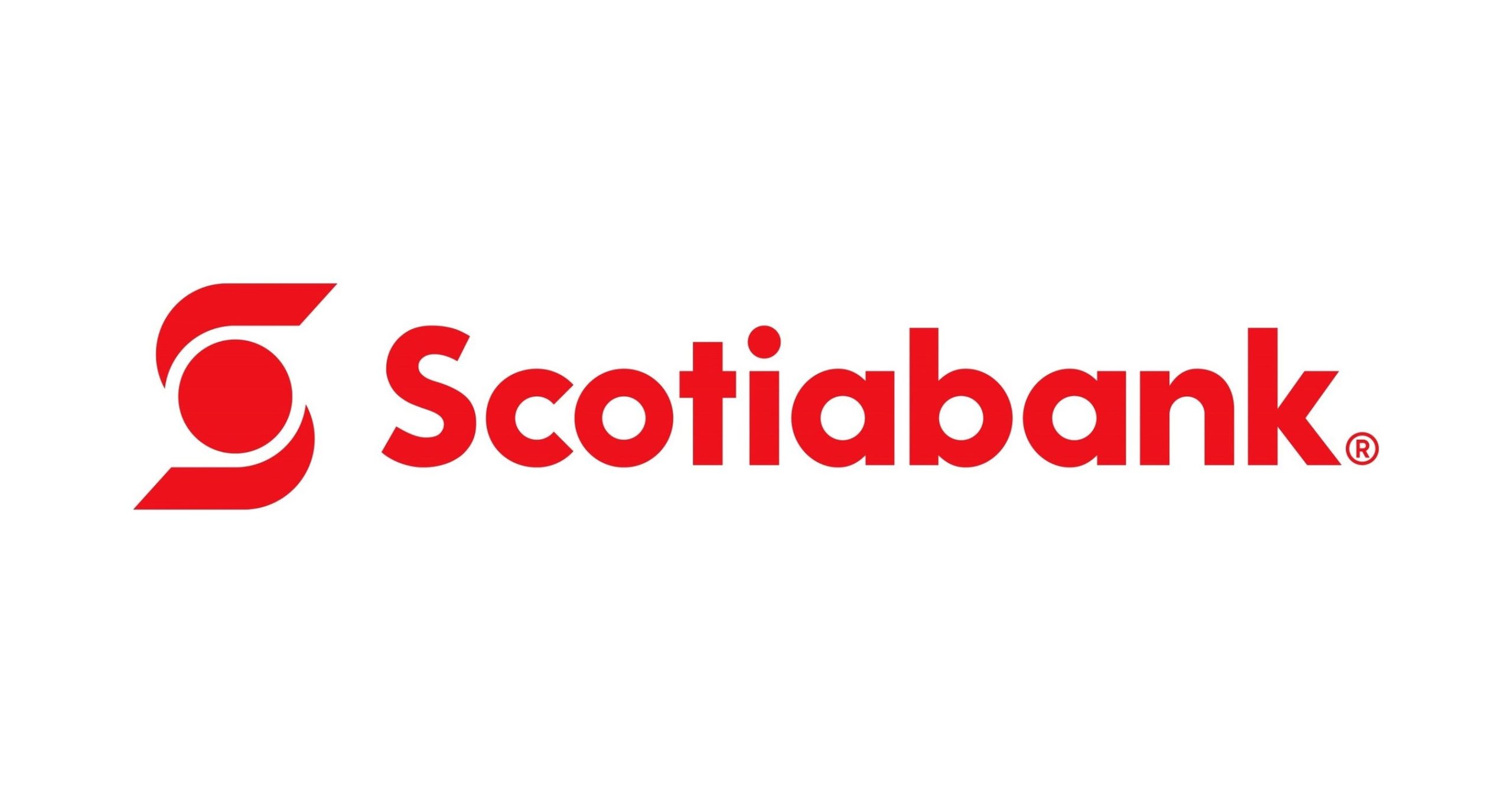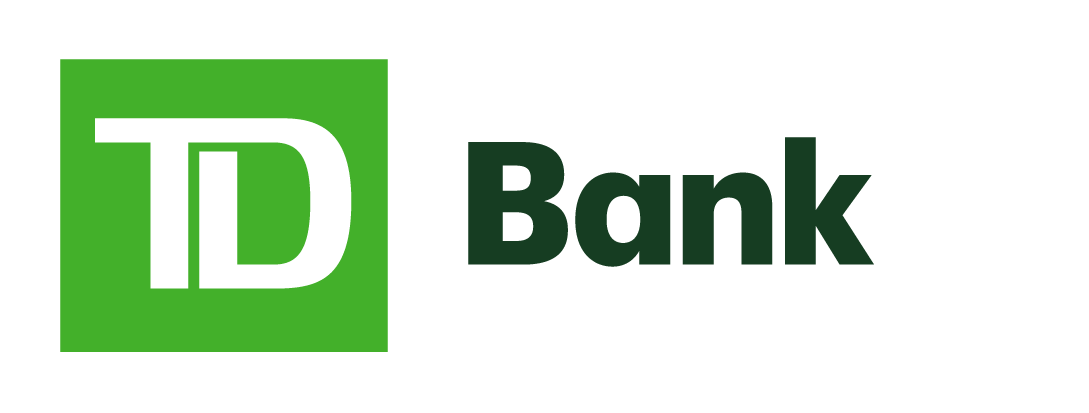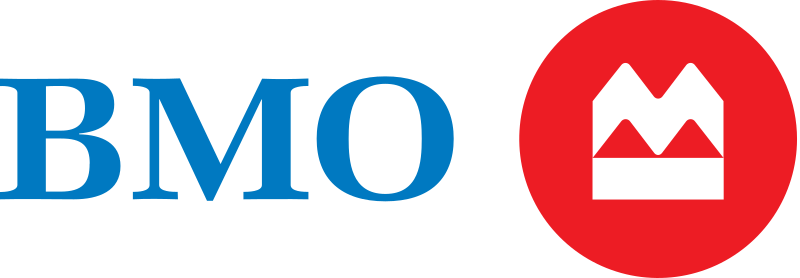Mortgage loan insurance is provided by institutions such as the Canada Mortgage and Housing Corporation (CMHC) — a governmental entity — and approved private companies like GE Capital Mortgage Insurance Company. This type of insurance is mandated by Canadian law for high-ratio mortgages, which are loans with minimal down payments from the borrower. Its purpose is to protect lenders in case of borrower default. The cost of this insurance is typically borne by the borrower and can be incorporated into the mortgage loan itself. It's important to note that mortgage loan insurance is distinct from mortgage life insurance, serving different purposes and protections.
A traditional mortgage typically implies that the borrower has made a down payment of at least 20% of the home's purchase price, leading to a loan-to-value ratio of 80% or lower, and therefore, such a mortgage generally doesn't require the borrower to purchase mortgage loan insurance.
Most lenders may be willing to offer mortgage financing after assessing the specific details of your bankruptcy situation.
If you're making child support or alimony payments, these are usually subtracted from your total income when lenders calculate your mortgage qualification amount. Conversely, if you receive child support or alimony, this income can generally be included in your total earnings for mortgage qualification purposes, as long as you can provide evidence of consistent receipt over a period specified by the lender.
Yes, subject to qualification, purchasers, including those with minimal down payments, may be eligible to buy a home and finance major renovations or improvements right from the start. High-ratio financing options are available through both the Canada Mortgage and Housing Corporation and GE Capital, offering insured mortgages that cover not only the purchase price of the home but also a predetermined amount for significant renovations or improvements. This means buyers can avoid the need for a separate loan for renovations. Conditions do apply, and for those interested in exploring this further, especially regarding mortgage loan insurance premiums, it's recommended to look into high-ratio home mortgage financing options.
Lenders typically accept family gifts as a valid source for down payments, with a requirement for a signed gift letter from the donor to verify that the funds are not a loan. For mortgages requiring loan insurance, the Canada Mortgage and Housing Corporation mandates that the gift funds be in the buyer's possession before submitting the application for approval. However, GE Capital does not impose this requirement for its mortgage loan insurance. For more insights into mortgage loan insurance, please refer to relevant sections like "What is mortgage loan insurance?" for comprehensive details.
Obtaining a pre-approved mortgage means securing a guarantee of an interest rate from a lender for a set period and amount, based on the borrower's provided information. This pre-approval often hinges on satisfying specific prerequisites, such as verified employment/income and ensuring the down payment is sourced from personal funds. Real estate experts usually recommend having a pre-approved mortgage before home hunting, to ensure the properties shown are within the buyer's financial reach. Essentially, securing a pre-approved mortgage is a critical initial step in the home-buying journey, setting clear financial boundaries from the outset.
The vast majority of homebuyers do not have the liquidity to purchase a home without financing, making a mortgage a critical first step in what may become a long-term partnership with a lender. However, acquiring a mortgage still requires a down payment—a direct contribution by the buyer towards the home's purchase price. This upfront payment is a crucial aspect of the home buying process and should be planned for well in advance of beginning your search for a new home. Essentially, the size of the down payment affects the overall cost of purchasing a home. A larger down payment reduces the borrowed amount, thereby decreasing the interest expenses over the life of the mortgage. This can lead to considerable financial savings over time, highlighting the importance of maximizing the down payment to reduce long-term costs.
You can expedite your mortgage payoff and accrue substantial savings through several strategies: Opt for an accelerated or non-monthly payment plan. Increase the frequency of your payments. Make additional payments towards the principal. Utilize Double-Up Payments whenever possible. Choose a shorter amortization period during your mortgage renewal. These methods not only reduce the time it takes to pay off your mortgage but also decrease the total interest paid over the loan's life, leading to considerable financial savings.
Currently, around half of all first-time homebuyers tap into their RRSPs to assist with their down payment through the Home Buyers' Plan (HBP). This plan permits first-time buyers to withdraw funds from their Registered Retirement Savings Plans (RRSPs) without immediate tax penalties to contribute towards their down payment. The HBP is overseen by the Canada Revenue Agency (CRA), and applicants need to fulfill specific criteria to qualify. For detailed information and eligibility requirements, it's recommended to consult the CRA's official website at www.cra.gc.ca.
To ensure a smooth home purchase, prioritizing your financial preparation is crucial. Initially, saving enough for the down payment is key, as it's the direct contribution you make towards the purchase price. Additionally, budgeting for closing costs is essential. Opting for a professional building inspection is highly advisable to identify any necessary repairs or maintenance, ensuring the property's structural integrity. Always request a written report following the inspection for your records. Legal or notary fees for facilitating your home purchase also require consideration. Since these fees can vary widely, comparing options is beneficial for finding the best value. Be prepared for various other expenses, such as closing and adjustment costs, interest adjustments with the seller, and potentially, land transfer tax, which is calculated based on the purchase price and/or mortgage amount and varies by location. Securing property insurance by the closing date is mandatory, and you'll also need to cover moving expenses. Lastly, anticipate early purchases for your new home, including appliances, garden tools, and cleaning supplies. Incorporating these items into your budget from the start can help manage your initial outlays effectively.
Mortgage term lengths offer a range of options, with interest rates typically inversely related to the term's duration—shorter terms generally have lower rates, while longer terms come with higher rates. Most homebuyers gravitate towards four or five-year terms, but your choice might vary depending on risk tolerance, interest rate projections, and future plans. Consider these questions to guide your decision: 1. **Short-term Selling Plans**: If you intend to sell soon without purchasing another home, a shorter mortgage term might be ideal. 2. **Interest Rate Outlook**: Opt for a longer term if you suspect rates have hit their lowest, or a shorter to medium term if you anticipate a drop in rates by your term's end. 3. **First-time Buyer Security**: Longer terms can provide stability in monthly budgeting for those new to homeownership. 4. **Interest Rate Vigilance**: If you're prepared to monitor rates and handle potential payment increases at renewal, a shorter term may align with your approach. Your choice should reflect your financial stability, market outlook, and personal comfort with risk and commitment.
Owning a home involves various financial commitments beyond the initial purchase. **Monthly Breakdowns for Non-Monthly Bills**: It's crucial to account for expenses like taxes by converting them into monthly costs for better budget management. **Key Expenses Include**: - **The Mortgage Payment**: Typically, this is your biggest monthly outlay. The payment amount can vary significantly, influenced by the mortgage term, amortization period, and other factors. - **Property Taxes**: These can either be paid directly to your municipality (sometimes requiring proof of payment for your lender) or included in your monthly mortgage payments. - **School Taxes**: Depending on your location, these may be part of your property taxes or billed separately, often as an annual lump sum. - **Utilities**: Homeownership brings the responsibility for all utility costs, including heating, electricity, water, telephone, and cable. - **Maintenance and Upkeep**: Regular maintenance, such as painting, roofing, electrical and plumbing repairs, as well as lawn care and snow removal, are essential. Not only do they preserve your home's value and enhance your neighborhood, but certain renovations can also increase your property's market worth. By carefully planning for these expenses, homeowners can maintain a stable financial footing and ensure their home remains a valuable asset.
For those with hectic schedules who prefer not to monitor fluctuating mortgage rates, opting for a longer-term mortgage could be an ideal solution. Our offerings, including 4, 5, and 7-year mortgages, allow you to lock in current rates, giving you the peace of mind and security of knowing your rate is fixed for the term. Alternatively, if you're seeking more flexibility with your mortgage, considering a shorter-term option could be beneficial. Short-term mortgages typically offer lower rates, presenting an opportunity for savings and greater rate flexibility in the near future.
The interest rate on a fixed-rate mortgage remains constant throughout a set term, ranging from 6 months up to 25 years. This stability ensures that your monthly payments are predictable for the duration of the term you choose.
In an open variable rate mortgage, the payment amount stays consistent for a set period, typically one to two years, even though the interest rates may vary each month based on market trends. When interest rates decrease, a larger portion of your payment is applied to the principal amount, accelerating your mortgage payoff. Conversely, if interest rates increase, more of your monthly payment is allocated to interest costs. This mortgage type also offers the flexibility to make prepayments, in full or part, on scheduled payment dates, subject to certain minimum requirements, giving borrowers more control over their loan repayment.
A home inspection involves a detailed visual review of a property to assess its condition, focusing on key structural components like roofs, walls, and foundations, as well as vital systems including electrical, heating, and plumbing. The inspector aims to identify any major repairs or potential issues, providing a comprehensive written report of findings usually within 24 hours. Opting for a pre-purchase home inspection can significantly ease the buying process, offering clarity and confidence by revealing any significant necessary repairs. This step not only enhances peace of mind but also ensures a more informed purchase decision, mitigating risks and promoting successful homeownership.













Don’t miss our future updates! Get Subscribed Today!
Designed by Ottawa Tech Heroes
©2024. The Ottawa Mortgages Team. All Rights Reserved.


